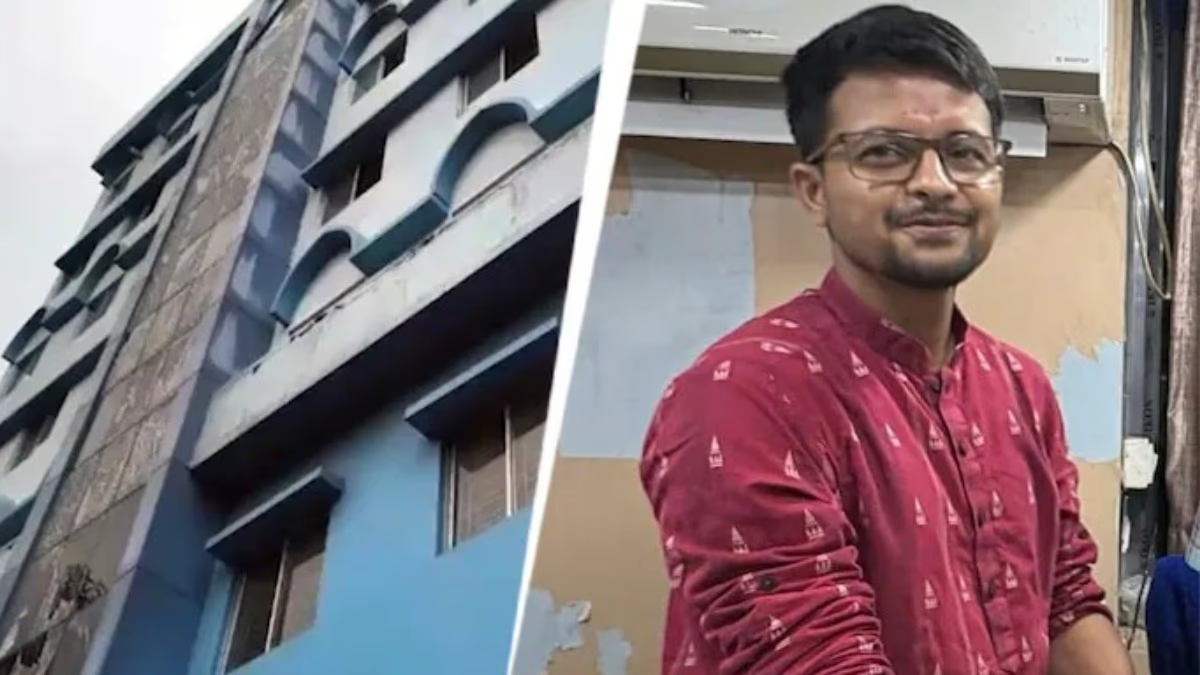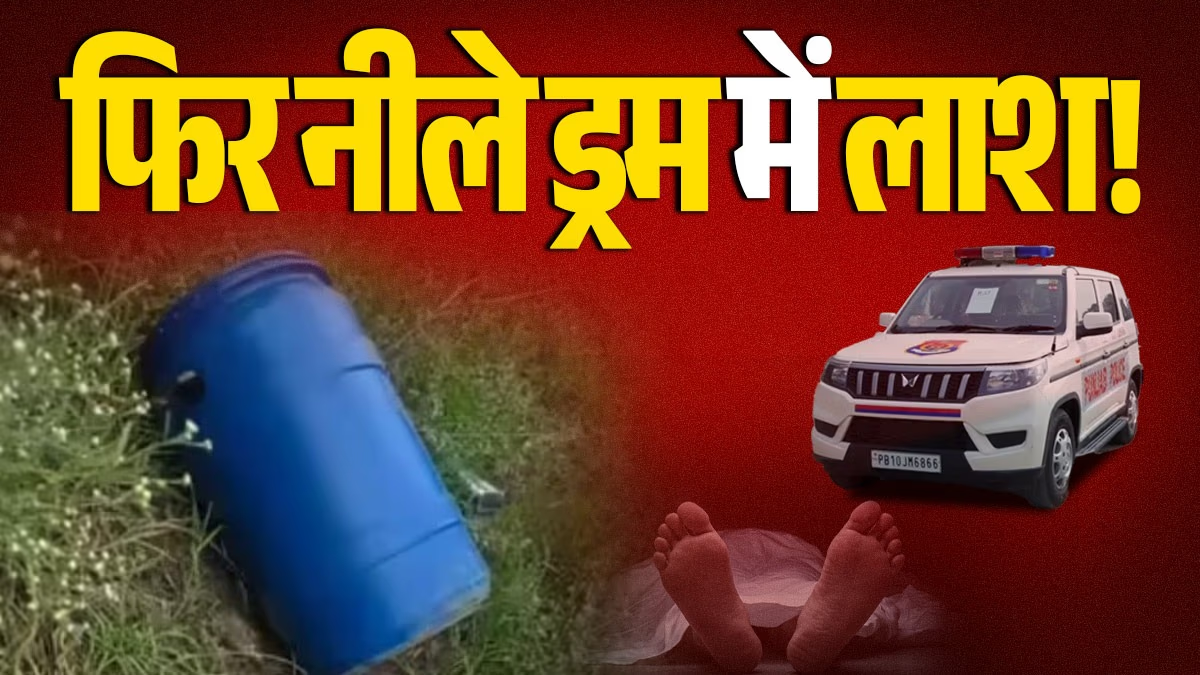Once again, Kolkata, the heart of West Bengal, is in the spotlight for a disheartening incident questioning the security of women. This distressing event unfolded barely a year after the gang rape incident at RG Kar Medical College. According to the police, a law student in Kolkata was sexually assaulted by three accused. Reports suggest that the victim declined a marriage proposal from one of them, after which she was forcibly taken to a secluded room on the college campus where she faced both physical and emotional abuse. While one accused committed the rape, the other two assisted, yet action is being taken under gang rape charges against all three.
What Happened?
The 24-year-old victim claims the young man was a former student at South Kolkata Law College who, along with two current students, committed the act on June 25. The victim alleged that the accused took her by force into a room and raped her. According to her complaint, she had rejected a marriage proposal from one of the accusers prior to the incident. She was then taken against her will to an isolated room on the college premises. There, her clothes were removed, and she was raped. When the victim protested, the other two offenders recorded the act on video, threatening to distribute it to her family and friends if she spoke about it.
What Does the Law Say?
The FIR has invoked three sections of the Indian Penal Code: 127(2), 70(1), and 3(5).
- Section 127(2) – This section of the Indian Penal Code states that if a person is confined or detained against their will, it constitutes an offense, punishable by up to one year in jail, a fine up to ₹5000, or both.
- Section 70(1) – If multiple persons are involved in gang rape or provide assistance in such a crime, the charge of gang rape applies equally to all, even if only one committed the physical act.
- Section 3(5) – When a crime is committed collectively with an intent to assist in the crime, each group member is held equally culpable.
Equally Guilty
The law stipulates that gang rape does not necessarily require a premeditated intent. If all involved played an active role, threatened, or recorded the incident, they are all considered equally guilty.
What is the Punishment?
Under Section 70, the minimum punishment for gang rape is 20 years of rigorous imprisonment, which can extend to life imprisonment, along with fines.
Due to these provisions, even though only one individual raped the victim, charges of gang rape are applied against all three, acknowledging their shared wrongful intention and pivotal roles in facilitating the crime.
What is the Court's View?
The Supreme Court has often reiterated in its rulings that in gang rape cases, it is not necessary for every accused to have committed rape. If they aided, abetted, or shared the intent to commit the crime, they are equally liable. The Supreme Court, in Ashok Kumar vs. State of Haryana (2003), under Section 376(2)(G) of the Indian Penal Code, stated that if one individual in a group commits rape but others share that intent, all can be charged collectively.
In Bhupinder Sharma vs. State of Himachal Pradesh (2003), the apex court held that it is not necessary for the prosecution to demonstrate that each accused raped the victim. The court made it clear that the law holds every person in a group guilty of gang rape if the group's act was driven by a shared intention to assault. The purpose of this provision is to hold all those involved in such heinous acts accountable equally.
In Pradeep Kumar vs. Union Administration, Chandigarh (2006), the Supreme Court acknowledged once more that joint liability for gang rape is based on the principle that when a group acts with a common intention, all members are accountable for actions committed by any member. The court also specified that the prosecution does not need to prove that each accused raped the victim; demonstrating the group's shared intention and actions to further that intention suffices for collective responsibility.




